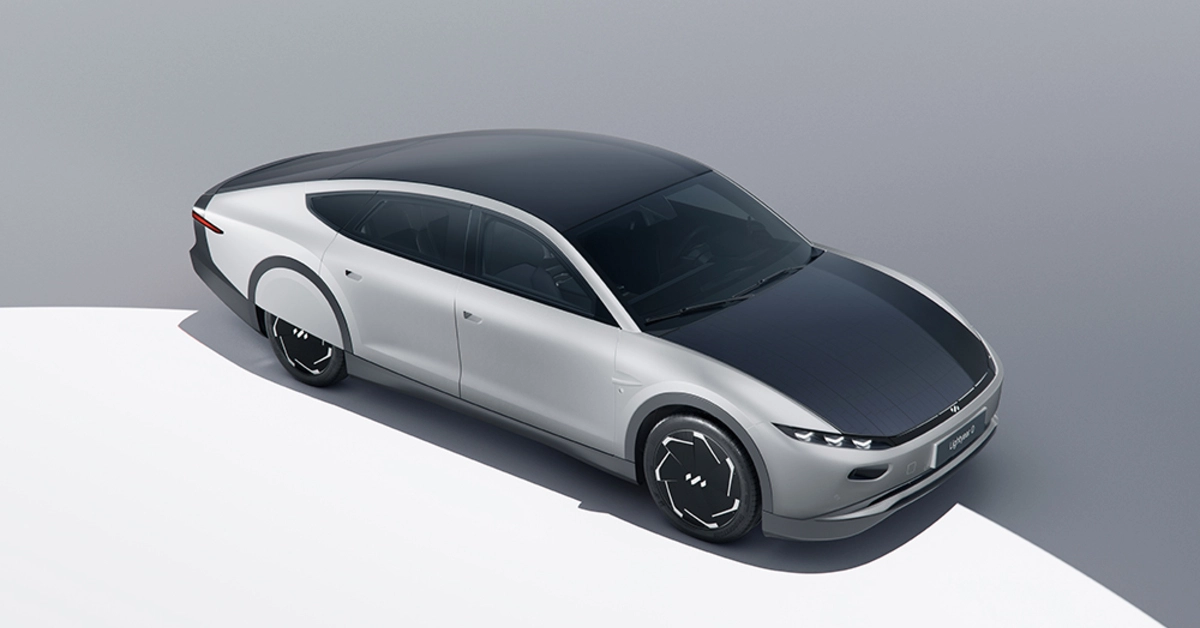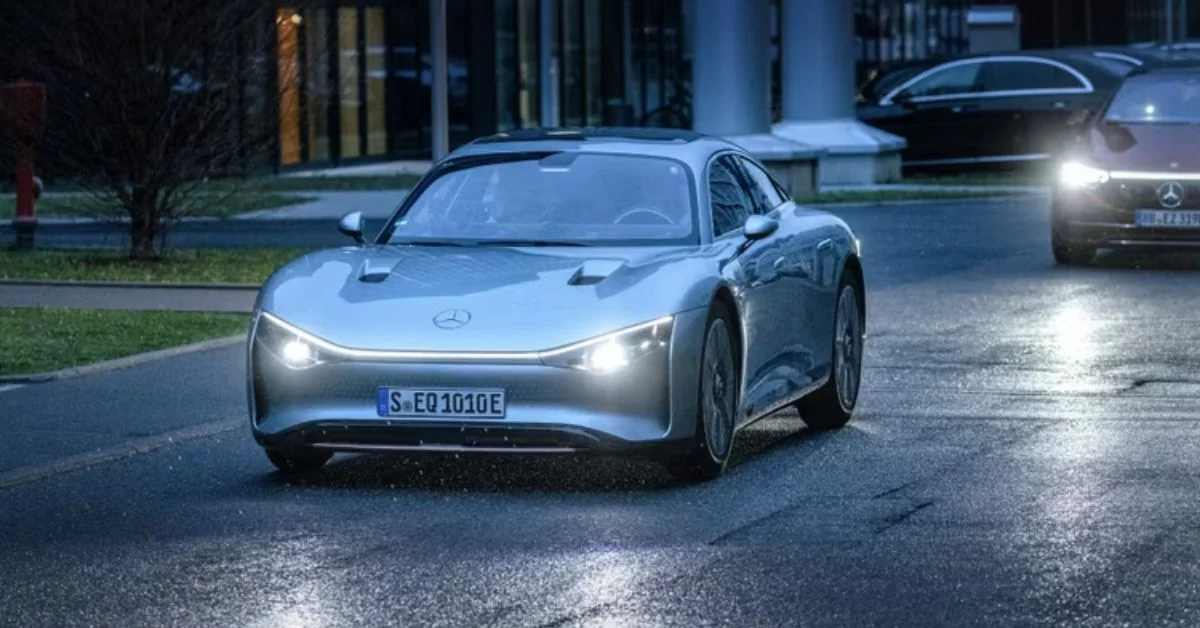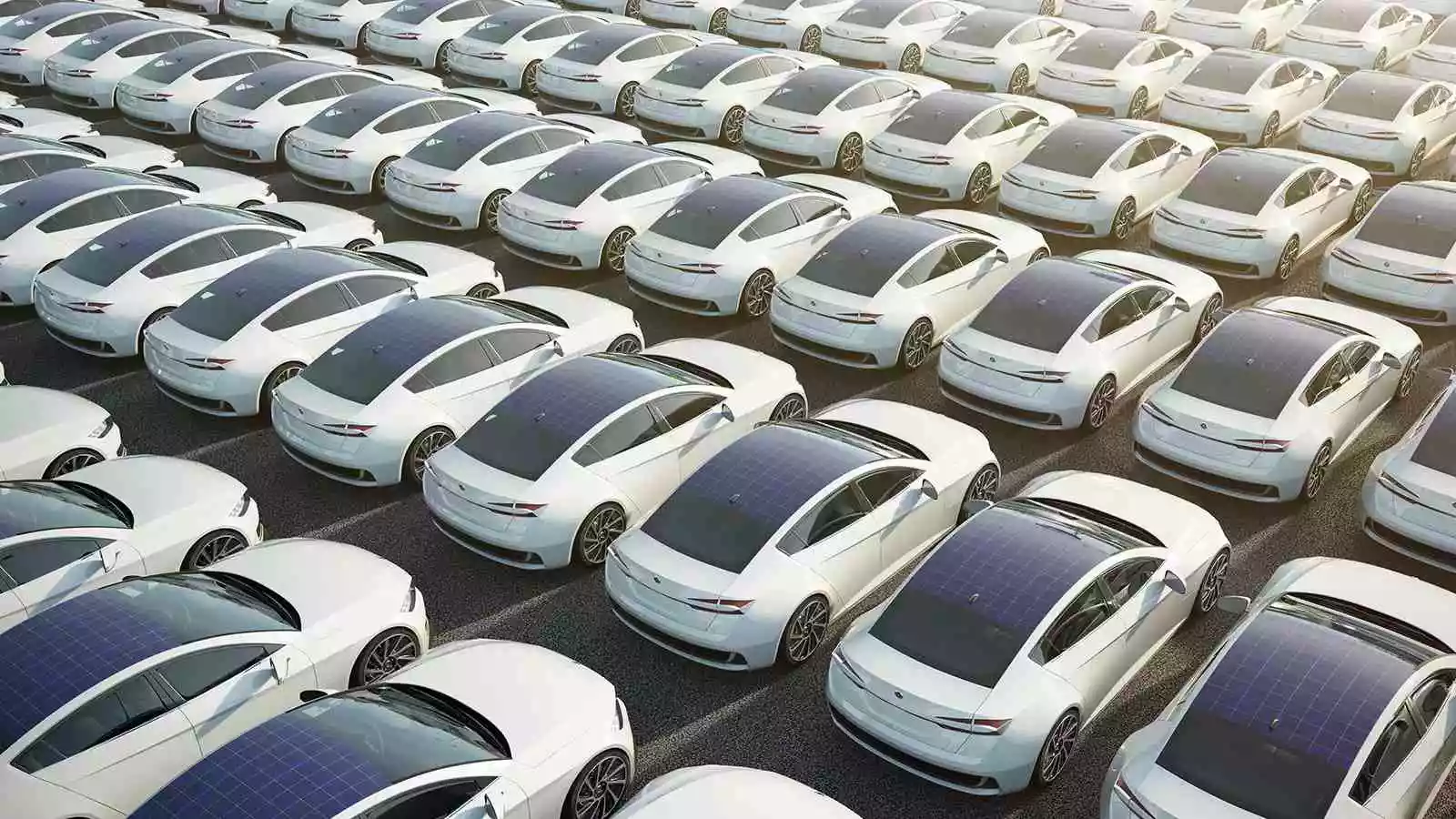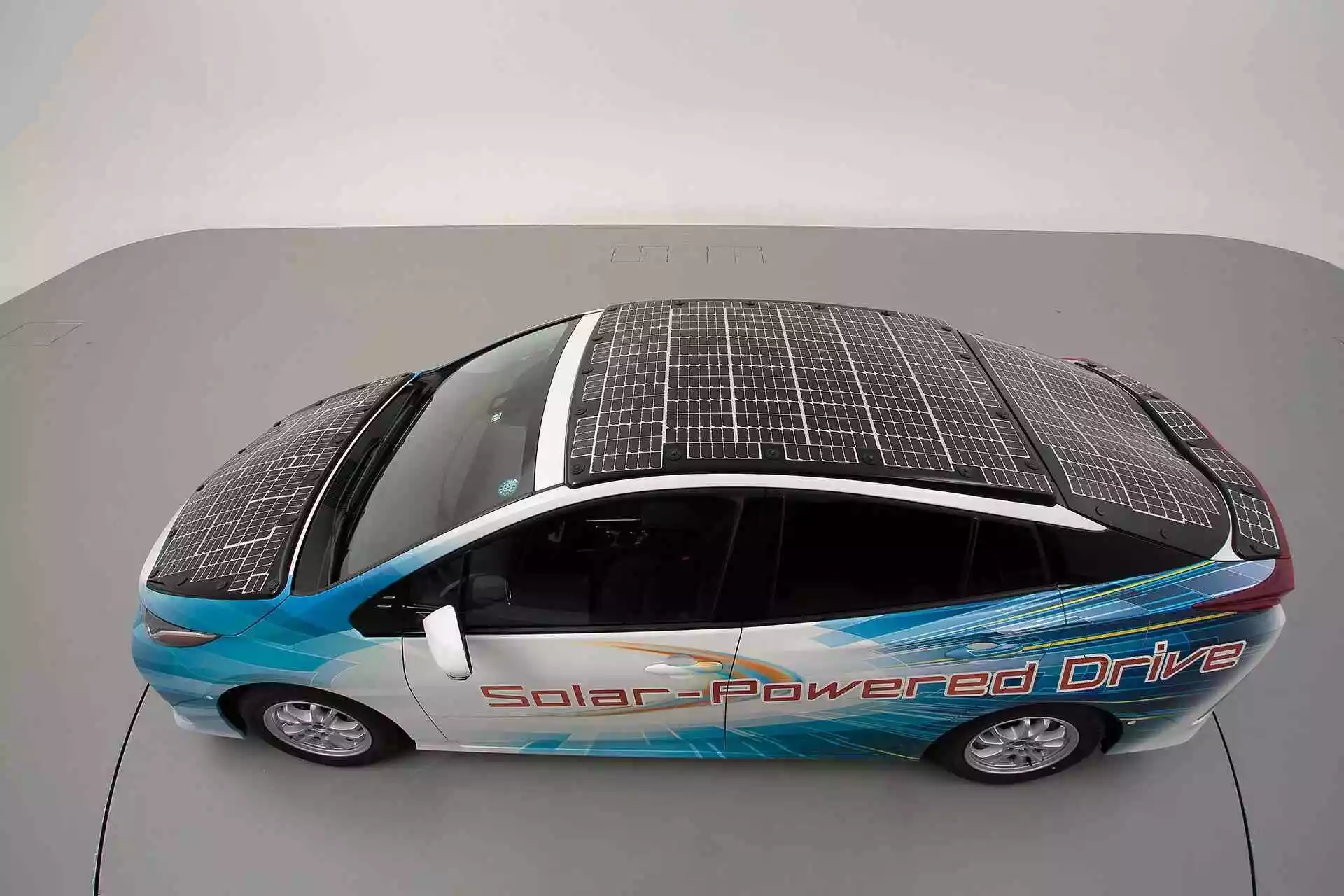Solar-powered cars represent a promising advancement in the quest for sustainable and eco-friendly transportation. These vehicles utilize solar panels to capture sunlight and convert it into electricity, which can then be used to power electric motors. Unlike traditional electric cars, solar-powered vehicles have the advantage of generating their own energy, reducing reliance on the grid and offering greater energy independence.

One of the key benefits of solar-powered cars is their ability to harness clean and renewable energy directly from the sun. This reduces the environmental impact associated with traditional electric cars that rely on electricity generated from fossil fuels or non-renewable sources.
Additionally, solar-powered cars have the potential to extend their range and reduce the need for frequent charging, especially in regions with ample sunlight. This can make them a practical and sustainable transportation option for various applications, including commuting and long-distance travel.
While solar-powered cars are still in the early stages of development and face challenges such as limited energy storage capacity and efficiency, ongoing research and innovation in the field hold the potential for a more environmentally friendly and sustainable future in transportation
Driving into a Sustainable Future
The revolutionary concept of solar-powered cars challenges the current automotive standard, urging the world to reconsider its approach to electric car charging. This solar-electric hybrid model advocates for a more harmonious relationship with nature, aiming to minimize the carbon footprint associated with personal transportation. If this technology can be sufficiently developed and adopted, the world stands to benefit from not only reduced emissions but also actively generating clean energy.

Solar-powered cars serve as a symbol of a bold step towards aligning our mobility needs with the natural environment. They illuminate the vast potential of renewable energy, showcasing that automobiles can be driven by the power of the sun itself. Solar technology has experienced widespread adoption across the globe as a sustainable means of sourcing energy without harming the environment, all while reducing overall maintenance costs.
The incorporation of solar technology into automotive design represents a larger trend of cross-industrial innovation, bridging the renewable energy and automotive sectors to pave the way for a more eco-conscious future. It signifies an exploration of the extent to which we can align our modern lifestyles, particularly our mobility solutions, with the pressing imperatives of sustainability and environmental stewardship. Solar-powered cars provide an alternative to traditional electric vehicles, challenging the established norms and inspiring a reimagination of electric mobility—one that is not only environmentally responsible but also self-sustaining.
This information has been curated from reputable automotive publications, automakers, and government sources, including the U.S. Department of Energy, to provide a comprehensive overview of this transformative shift in the automotive landscape.
Solar-Powered Cars – Pioneering Green Engineering
Solar-powered cars epitomize innovative green engineering, harnessing sunlight and transforming it into electricity through strategically positioned photovoltaic cells integrated into the vehicle’s body. This direct conversion eliminates the reliance on external charging infrastructure, addressing a critical bottleneck in the widespread adoption of electric vehicles (EVs). Although the availability and accessibility of charging stations are improving, further infrastructure development is necessary to make EV ownership universally viable.

Advancements in solar technology have steadily increased the energy conversion efficiency of solar panels, making solar cars more practical. Currently, solar panels generate a relatively small amount of energy, which may not drastically extend the driving range. However, the potential of solar cars lies in their ability to recharge batteries while parked or in motion, mitigating the common issue of range anxiety among users. This self-sustaining energy model represents a significant step towards reducing dependency on grid electricity and promoting a culture of energy self-sufficiency.
ALSO READ: Top 10 Adventure Motorcycles of 2023 – Affordable Bikes with Powerful Engines and Advanced Features
Solar mobility extends beyond transportation and signifies a paradigm shift towards a more sustainable and autonomous energy landscape. Notably, manufacturers like Toyota and Hyundai already offer solar panels as an option for their hybrid-electric vehicles, and other industry players are showing increasing interest in this transformative technology. For instance, Mercedes-Benz teased the integration of solar panels in its EQXX Concept, while several startups have unveiled compelling solar-powered car prototypes in recent years.
Pioneering Energy Autonomy and Resilience
Solar-powered cars operate independently of the grid, embodying the concept of energy autonomy. This autonomy alleviates the strain on power grids, especially during peak demand periods when EV charging can impose a heavy burden on national grids. Embracing solar technology represents a significant leap towards self-sufficiency in energy resources. Additionally, solar power substantially reduces the reliance on extensive charging infrastructure, saving significant investments in charging stations and grid expansions. These investments are crucial for the widespread adoption of traditional electric vehicles, which some argue may entail an excessive reliance on centralized grid systems.

Solar cars offer advantages not only in urban areas but also in remote or rural regions where establishing a reliable grid connection is challenging or unfeasible. By reducing the demand EVs place on the grid, solar-powered cars contribute to a more distributed energy generation model, decentralizing power production. This shift encourages energy resilience and sustainability by diminishing dependence on centralized energy sources. Moreover, it fosters community empowerment through local energy solutions, lessens reliance on external energy providers, and establishes a foundation for energy security in isolated or underserved areas.
Solar-powered cars provide a glimpse into a future where energy autonomy is a tangible and practical reality, seamlessly integrating mobility and renewable energy for a sustainable and resilient energy landscape.
An Economically Attractive Option
The ownership and operation of solar-powered cars offer substantial cost-saving potential, rendering them an economically appealing choice for prospective owners. Solar-powered vehicles can significantly reduce fuel expenses as they harness solar energy from the sun, eliminating the recurring cost of energy that electric vehicles (EVs) typically entail. Additionally, the straightforward and efficient design of solar cars results in reduced wear and tear, leading to further savings on maintenance throughout the vehicle’s lifespan.
While fully solar-powered cars are still in the development phase, with some experimental models operating at relatively lower speeds, there is substantial room for growth and refinement in the technology. Solar vehicles are poised to benefit from various incentives designed to promote environmentally friendly transportation, including tax credits, rebates, and grants. When combined with the savings on fuel and maintenance, these incentives make solar-powered cars an attractive option for budget-conscious consumers.
However, the appeal of solar cars extends beyond cost savings. The ability to generate power while on the move not only reduces the total cost of ownership but also adds a layer of convenience that is invaluable. This on-the-go power generation capability further enhances the economic attractiveness of solar-powered cars, presenting a compelling economic model for the future of sustainable transportation.
The economic model of solar-powered cars has the potential to play a pivotal role in driving consumer acceptance and accelerating the global adoption of this innovative technology. Solar vehicles have the capacity to address one of the primary challenges facing prospective electric vehicle (EV) owners: the high upfront costs. By providing substantial fuel savings and minimizing maintenance expenses, solar cars can alleviate financial concerns and offer consumers tangible savings over the life of the vehicle.
The combination of cost-saving potential and environmental benefits positions solar-powered cars as a compelling and attractive alternative in the evolving automotive market. This technology has the capacity to bring about a significant shift towards cleaner and more economical personal transportation solutions, furthering the transition to sustainable mobility options worldwide.









